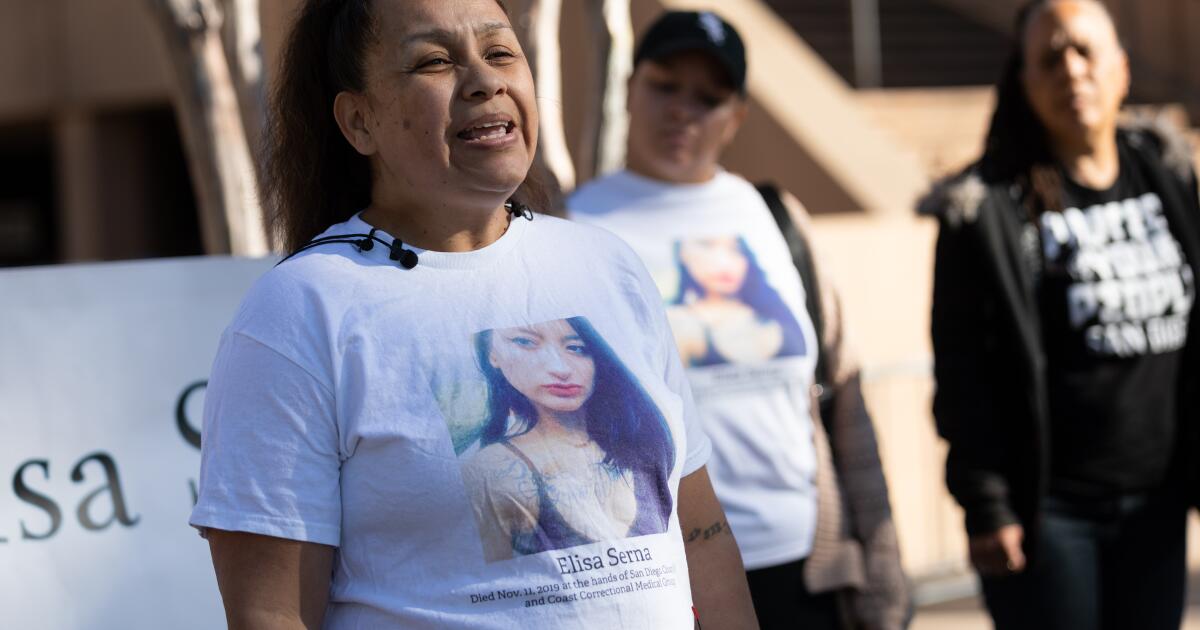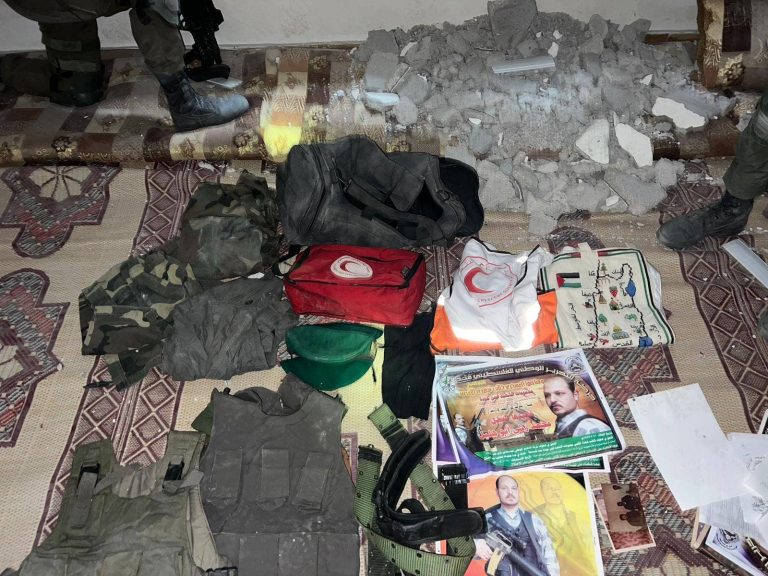
A San Diego federal judge ordered that dozens of video recordings, interviews and other evidence in the 2019 in-custody death of Elisa Serna be unsealed, despite claims from lawyers defending San Diego County that releasing the material would endanger the public.
Judge Larry A. Burns issued his ruling from the bench after a hearing Friday afternoon. A written decision is expected to be released next week.
The decision came as lawyers for the Serna family, the San Diego Union-Tribune and CBS 8 News argued that the public has a right to see the evidence, some of which was presented in a criminal case filed against a county jail doctor and nurse.
Burns said the order affects more than 100 pieces of evidence but will not apply to internal records from the Sheriff’s Department’s Critical Incident Review Board that remain in dispute in a separate proceeding before the 9th U.S. Circuit Court of Appeals.
Lawyers for the plaintiffs and news organizations had argued there was no legal reason to withhold the materials from public release.
“Defendants have only referenced vague privacy concerns and potential prejudice to Defendants as a basis for sealing 20 pleadings and approximately 114 exhibits,” attorney Grace Jun wrote in a filing before the Friday hearing.
County lawyers defending a civil claim brought by Serna’s surviving family members objected to allowing the public to see the video of Serna slumping to her death inside her Las Colinas women’s jail cell in 2019.
They argued in court that unsealing the evidence would damage the defense at trial and also unduly burden the county’s case at trial. They also claimed in court papers that some of the material could be personally embarrassing to county employees or others.
Serna was 24 years old when she died, five days after being arrested on suspicion of theft and drug charges.
She told jail personnel at the time she was being booked into custody that she had used heroin and alcohol within two hours prior to her arrest, which meant the Sheriff’s Department should have treated her under its withdrawal protocols.
But jail medical records and the Medical Examiner’s Office report showed that Serna did not receive proper medical care.
At one point, she collapsed in her cell and slumped to the floor in front of jail personnel, who were accused of not having intervened on her behalf at the criminal trial earlier this year of nurse Danalee Pascua and the physician Friederike Von Lintig.
Both Pascua and Von Lintig were charged by District Attorney Summer Stephan with involuntary manslaughter. Pascua was acquitted at trial earlier this year, and the jury deadlocked in the case against the jail doctor. Prosecutors declined to file a new case against her.
The Union-Tribune and CBS 8 sought to intervene in the case earlier this week on the grounds that the material should be included in the public record.
Burns allowed the news organizations into the case before issuing his ruling.
San Diego attorney Tim Blood, who represented the two news organizations, said he expected Burns to issue his formal ruling sometime next week.
“The court recognized that these are court records that belong to the public, and the public has a right to them unless there were compelling reasons to keep them secret,” Blood said. “The county and Sheriff’s Department could not offer any compelling reasons to justify keeping the information from the public.”






